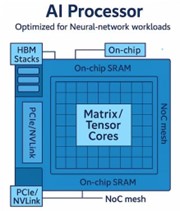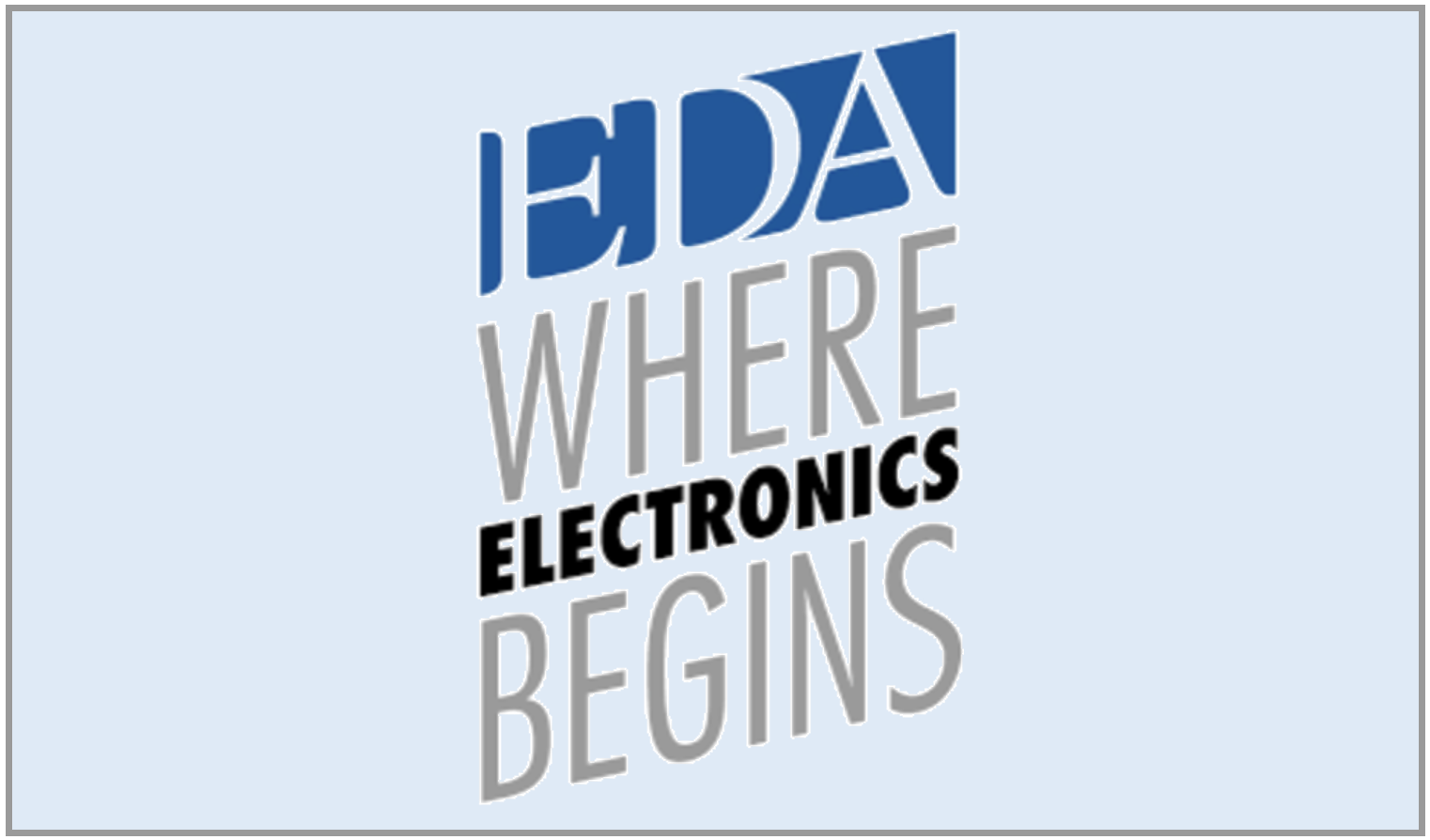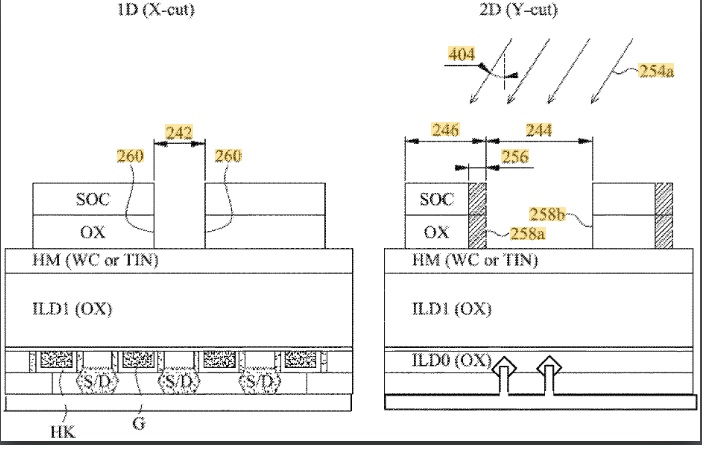There is always a rush to converge a semiconductor design toward faster closure, amid increasing divergent trends of multiple IPs and high complexities of various functionalities on a single chip. Every design house struggles hard to evolve its customized design flows with several short paths patched up to fix issues, global… Read More
 Hardware is the Center of the Universe (Again)The 40-Year Evolution of Hardware-Assisted Verification — From…Read More
Hardware is the Center of the Universe (Again)The 40-Year Evolution of Hardware-Assisted Verification — From…Read More Smarter ECOs: Inside Easy-Logic’s ASIC Optimization EngineEasy-Logic Technology Ltd. is a specialized Electronic Design…Read More
Smarter ECOs: Inside Easy-Logic’s ASIC Optimization EngineEasy-Logic Technology Ltd. is a specialized Electronic Design…Read More The Name Changes but the Vision Remains the Same – ESD Alliance Through the YearsThe Electronic System Design Alliance (ESDA) has been…Read More
The Name Changes but the Vision Remains the Same – ESD Alliance Through the YearsThe Electronic System Design Alliance (ESDA) has been…Read More TSMC Process Simplification for Advanced NodesIn the modern world, the semiconductor industry stands…Read More
TSMC Process Simplification for Advanced NodesIn the modern world, the semiconductor industry stands…Read More CEO Interview with Juniyali Nauriyal of PhotonectJuniyali Nauriyal is the CEO and Co-Founder of…Read More
CEO Interview with Juniyali Nauriyal of PhotonectJuniyali Nauriyal is the CEO and Co-Founder of…Read MoreDassault Patent on Hierarchy Management
Dassault have recently been granted a patent on their approach to managing design hierarchy. I asked them how long it took from filing the patent until it was granted and they said the whole process had taken 8 years. It is a bit of an indictment of the patent system when it takes 8 years, also known as 4 or 5 process nodes, for a patent to… Read More
Can Intel Compete in the IoT?
Kevin Ashton, a British technology pioneer, is credited for the term “The Internet of Things” to describe an ecosystem where the Internet is connected to the physical world via ubiquitous sensors. Simply stated: rather than humans creating content for the internet IoT devices create the content. To be clear, this… Read More
nVidia: Virtual Platform/Emulation Hybrid
I was the VP marketing at VaST Systems Technology and then at Virtutech. Both companies sold virtual platform technology which consisted of two parts:
- an extremely fast processor emulation technology that actually worked by doing a binary translation of the target binary code (e.g. an ARM) into the native instruction set of the
Synopsys Creates a High-performance ARC Core
ARC is a family of configurable processors. Originally it was a standalone company in the UK (what is it with the UK and processor cores?) spun out from Argonaut Software. The A in ARC stood for Argonaut originally. ARC International was acquired by Virage and then Virage was acquired by Synopsys so now it is part of Synopsys Designware… Read More
GlobalFoundries and ARM
GlobalFoundries had several interesting things at the ARM TechCon last week. Firstly, GlobalFoundries won the best in show award in the chip design category recognizing the best-in-class technologies introduced since the last TechCon.
Earlier in the summer GlobalFoundries and ARM announced the ARM Cortex-A12 processor,… Read More
GSA Award Nominees Announced
Today GSA announced the award nominees for the 2013 awards. They will be presented at the GSA Award Dinner on Thursday December 12th at the Santa Clara Convention Center. The keynote will be given by Steve Forbes.
Recently it was announced that the 2013 Dr. Morris Chang Exemplary Leadership Award winners are CEO and Chairman, Dr.… Read More
Addressing Power at Architectural and RTL Levels
Major power reductions are possible by reducing power at the RTL and system levels, and not just at the gate and physical level. In fact, as is so often the case in design, changes can have much more impact when done at the higher level, even given that at that point in the design there is less accurate feedback about changes. Later the… Read More
Fabless: The Transformation of the Semiconductor Industry
As I have mentioned before, Paul McLellan and I are writing a book on the history of the fabless semiconductor industry. There is a preview available HERE, it will initially be sold as an e-book on SemiWiki and put into print early next year. Working with Paul McLellan and Beth Martin on this was an amazing experience. The research,… Read More
Webinar: IP Lifecycle Management: What is it, what problems does it solve?
SoC’s are now dominated by IP blocks sourced either from 3rd parties or internal design teams. This means that IP is now critical to the success of the SoC, yet it is part of the design that teams have the least control over, or visibility into. Most design teams utilize at best ad-hoc methods to manage this IP, and the few that utilize… Read More












The Name Changes but the Vision Remains the Same – ESD Alliance Through the Years